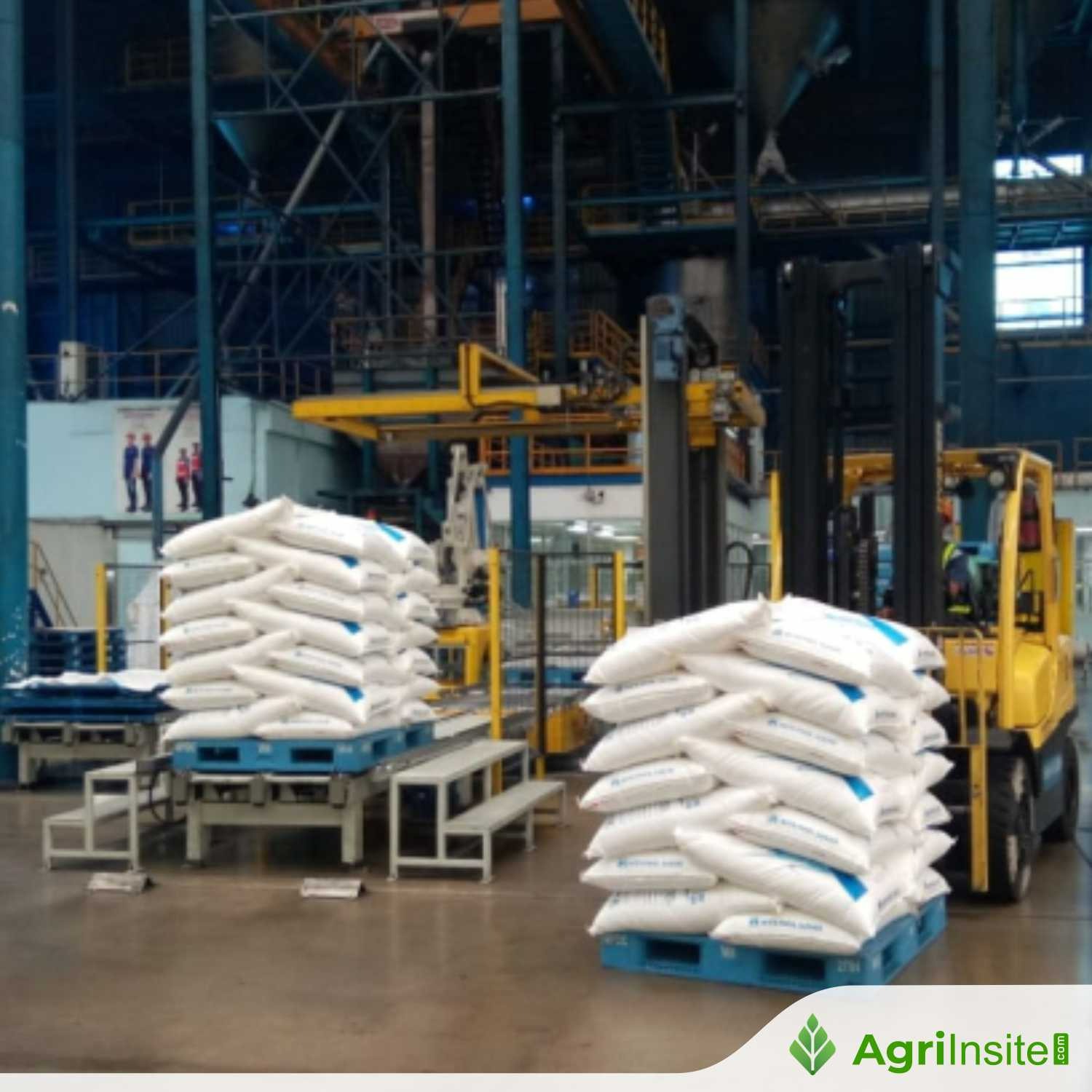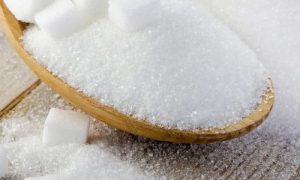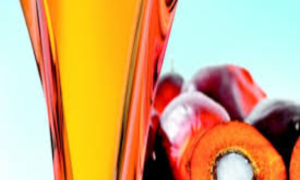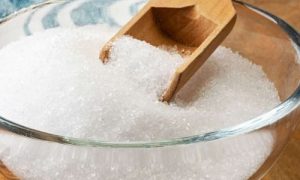Indonesia sugar imports seen easing amid push to buy locally

Indonesia plans to limit 2026 sugar imports to 3–3.1 million tonnes, the lowest since 2019, prioritizing domestic supply amid weak demand. Refineries have already purchased over 80% of this year’s 3.4 million-tonne quota. The government urges use of local production and may penalize import violations.
(Oct 2): Sugar refineries in Indonesia, the world’s second-biggest importer of the sweetener, are likely to keep 2026 imports to the lowest level in seven years amid a government push to prioritise domestic supply.
Processors will probably buy three million to 3.1 million tonnes of raw sugar from abroad next year due to subdued demand, Januardi Suryo Haribowo, vice chairman of the Indonesia Sugar Refiners Association, said in an interview. That would be the lowest since 2019, according to the group’s records. The reduction adds to a bearish atmosphere in the global market, with New York futures recently reaching a four-year low.
The agriculture ministry had recently said the nation would temporarily halt imports after farmers complained their production remained unsold. The ministry expressed concern that some sugar intended for the food and beverage industry was being sold to household consumers at a cheaper price than domestic supplies.
Trade Minister Budi Susanto this week said the government would not halt imports from companies that already hold permits. However, he urged the industry to use local production. A spokesman for the agriculture ministry didn’t reply to a request for an update on the plan.
Raw sugar imports this year are expected to meet a government quota of 3.4 million tonnes — about steady with the prior year’s level — as permits have been obtained by all 11 members of the refiners association, Haribowo said. Purchases by refineries reached 2.82 million tonnes, more than 80% of that amount, as of September, the ministry’s data show.

In Indonesia, refiners process imported raw sugar for the food and beverage industry, while sweeteners for household consumption are sourced from other mills that crush cane produced domestically and from government imports. A parliament commission on Wednesday urged the trade ministry to evaluate issued import licences and impose penalties, including revoking them, for companies that violate the policy.
To Read more about Sugar Industry continue reading Agriinsite.com
Source : The Edge Malaysia
















